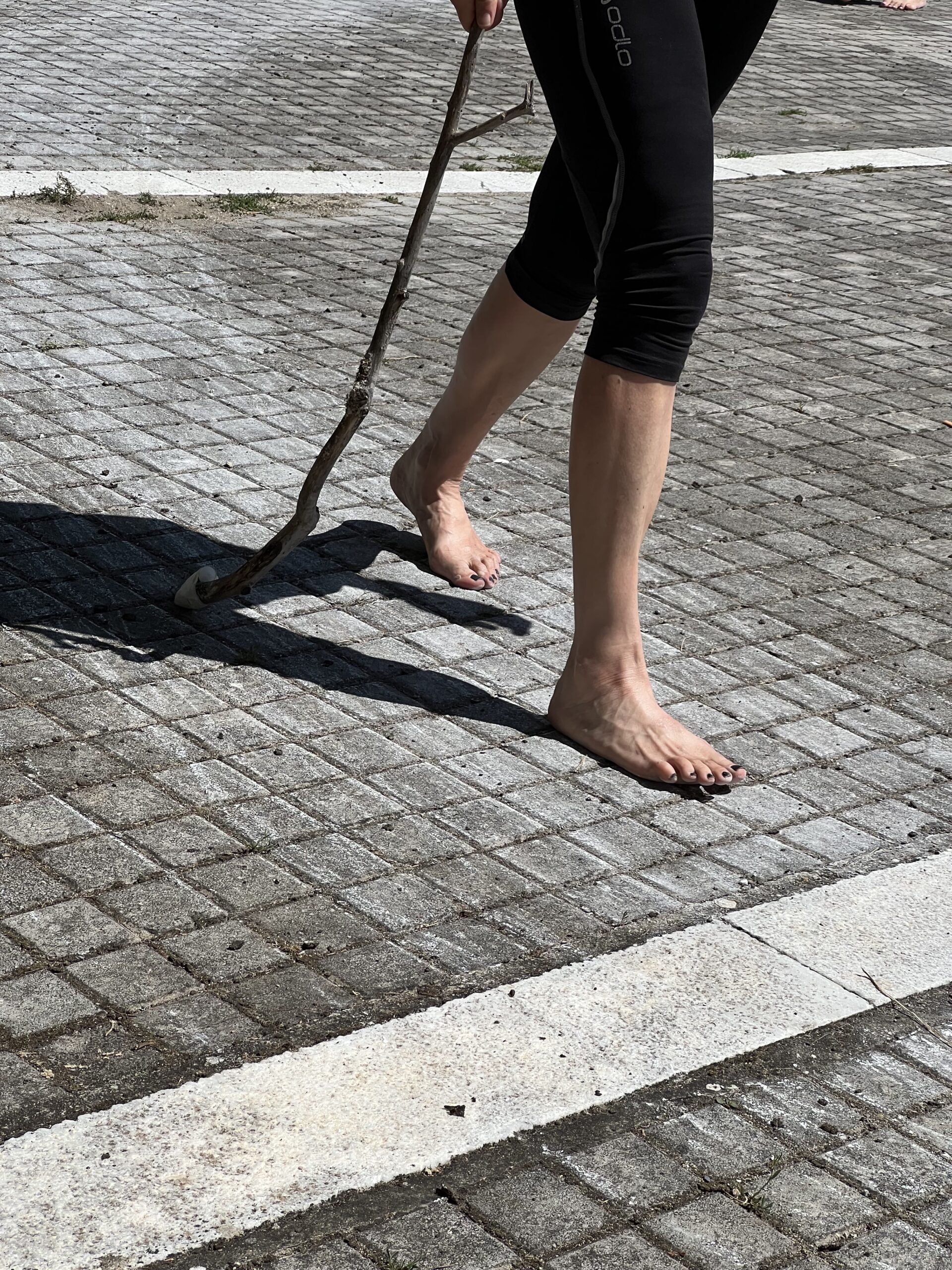The International Prespa Walking Arts Encounters 2025 (WAC 25) will take place from June 30 to July 6, 2025, in Prespa, Greece, welcoming artists, writers, researchers, and creatives worldwide. As part of the Creative Europe co-funded project “Walking Arts & Local Communities” (WALC), WAC 25 contributes to the establishment of an International Center for Artistic Research and Practice of Walking Arts in Prespa, a region at the crossroads of Greece, Albania, and North Macedonia.
Prespa, with its stunning landscapes and lakes, has been home to the Visual March to Prespa since 2007, a project evolving, in collaboration with Made of Walking, into a major international gathering through the Walking Arts Conferences of 2019, 2021, and 2023. Artistic coordination is led by Geert Vermeire (WLC) and Yannis Ziogas (UOWM).
Under the umbrella of the double topic Walking Home. Walking in Transition, the event explores themes such as walking as resistance, healing, and community engagement through research, art walks, sound walks, and hybrid formats.
Artists and researchers can submit proposals for projects, workshops, or papers now by February 28, 2025.
For details and applications, visit icowaf.eetf.uowm.gr.
APA style reference

Walking Arts & Local Communities (WALC) is an artistic cooperation project, co-funded by the European Union, Creative Europe, starting in January 2024 for four years. With seven partners from five countries, WALC establishes an International Center for Artistic Research and Practice of Walking Arts, in Prespa, Greece, at the border with Albania and North Macedonia, backed up by an online counterpart in the format of a digital platform for walking arts.
WALC builds on the previous work of hundreds of artists and researchers already practicing Walking Arts as a collaborative medium, and having met at the significant previous walking arts events and encounters in Greece, Portugal, Spain, France, Belgium, and during online activities at walk · listen · create.

We acknowledge the support of the EU Creative Europe Cooperation grant program in the framework of the European project WALC (Walking Arts and Local Community).
Funded by the European Union. Views and opinions expressed are however those of the author(s) only and do not necessarily reflect those of the European Union or the European Education and Culture Executive Agency (EACEA). Neither the European Union nor EACEA can be held responsible for them.


